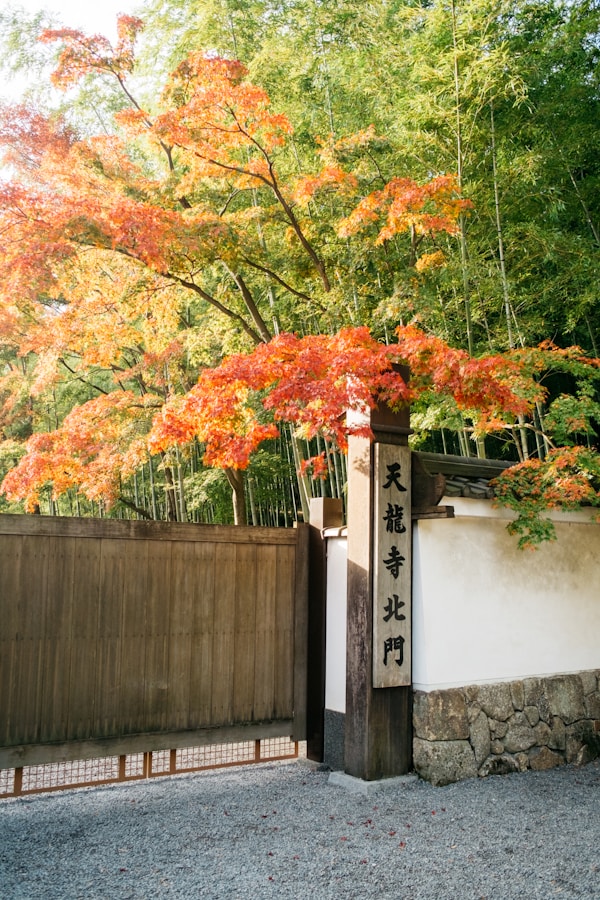.svg)
Buying in a Hot Spring (Onsen) Town: Good Idea or Bad?
.svg)
.svg)
.svg)

One of the most notable aspects of Japan’s Airbnb regulations is the 180-day rule. This limit on short-term rental days has significant implications for hosts, especially those relying on Airbnb income.


One of the most notable aspects of Japan’s Airbnb regulations is the 180-day rule. This limit on short-term rental days has significant implications for hosts, especially those relying on Airbnb income.

What Is the 180-Day Rule?
The 180-day rule limits properties to a maximum of 180 days of short-term rentals per year. The restriction is designed to prevent disturbances in residential areas while accommodating tourism demand.
How to Maximize Profitability Within the Rule
Challenges of the 180-Day RuleWhile profitable, hosts may face challenges such as:
By planning strategically and understanding the market, hosts can make the 180-day rule work in their favor.
Start your journey with Luxey today! Sign up for free and get instant access to the best property listings.



